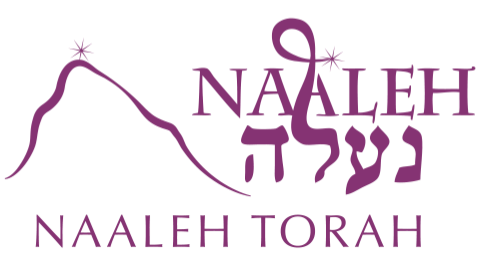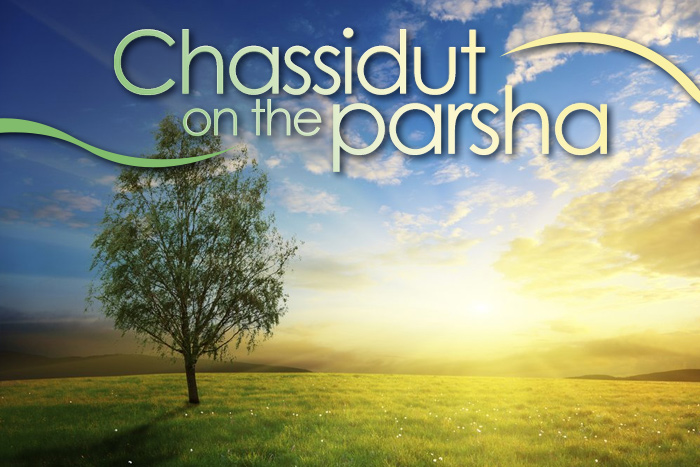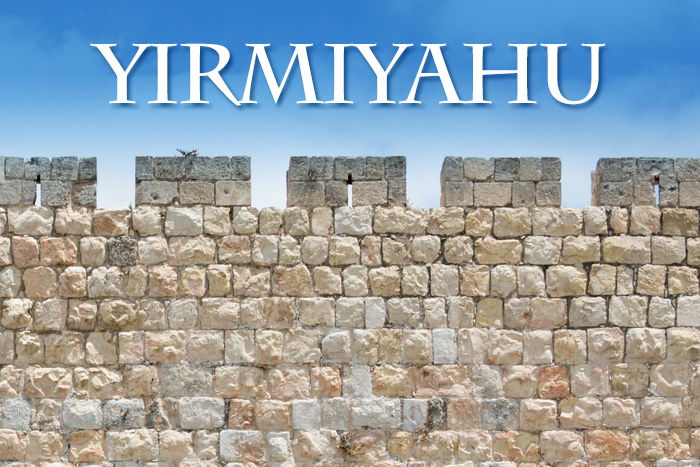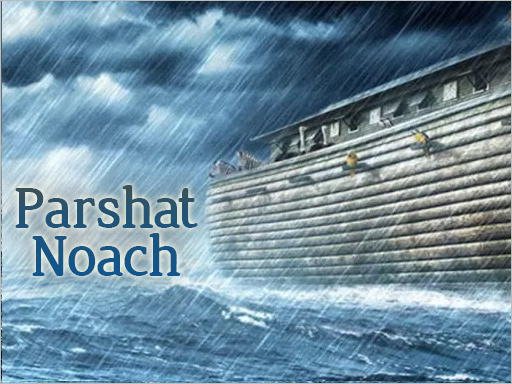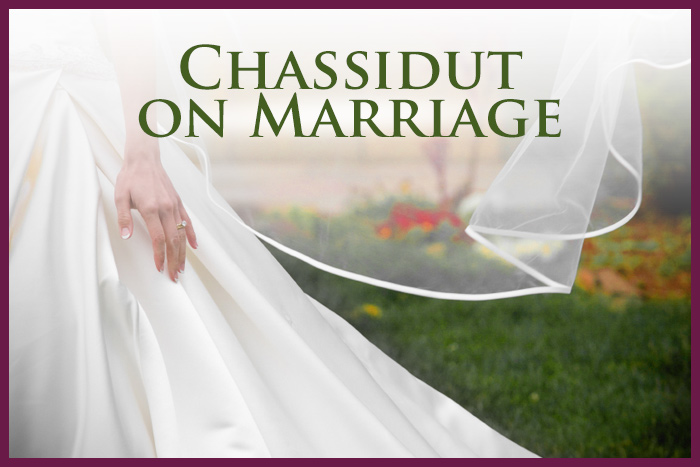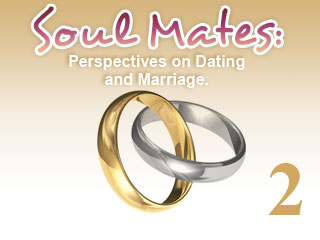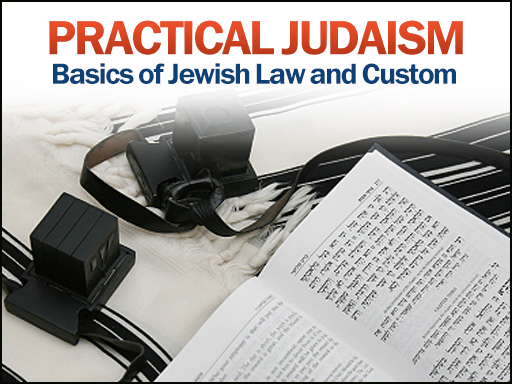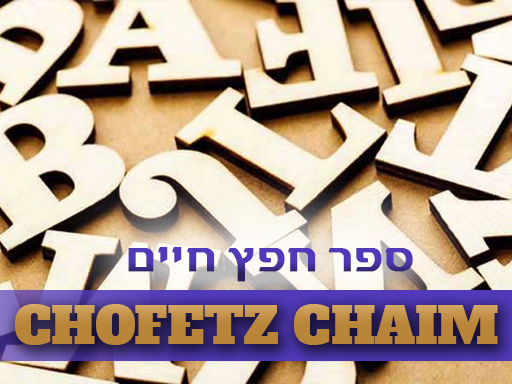In this Torah shiur (class) on Sefer Yirmiyahu, Rabbi Avishai David explicates chapter 32. This chapter contains contradictory prophesies, on the one hand predictions of the impending destruction of the kingdom of Yehuda, and on the other hand the command to Yirmiyahu to go redeem his relative’s field, paying for its full value, with documents and witnesses. Yirmiyahu follows Hashem’s command though it seems to contradict reality, and then asks Hashem for an explanation. Hashem explains that though there will be a terrible exile, the Jews will return to Eretz Yizrael and once again property will be bought and sold here. This class includes a vort by Rabbi Soloveitchik comparing Yirmiyahu’s dilemma to that of Avraham Avinu before the Akeida, as well as an explanation of Hashem’s 13 Attributes of Mercy, which appear in this perek in truncated form.
